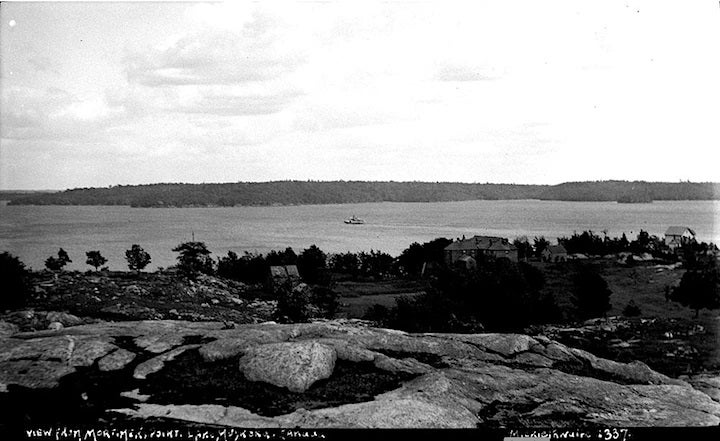
Histories of tourism in rural places typically focus on the experiences and perceptions of visitors. But tourism has shaped the livelihoods and identities of rural people in profound ways. In Muskoka, Ontario, tourism co-evolved with agriculture and logging during the late nineteenth century, as part of a process of settler colonialism that dispossessed Anishinaabe and Haudenosaunee peoples. As a result, tourism became a defining feature of rural life in Muskoka. By paying attention to the ways in which settlers used their land and labour to provide food and fuel to summer visitors, this talk uncovers the importance of placing rural experiences, work, and relationships to the land at the forefront of understanding the history of tourism.
Part of the University of Guelph Rural History Roundtable Series of Virtual Events, Fall 2022.
Sponsored by The Francis and Ruth Redelmeier Professorship in Rural History
For more information, contact Brandon Mendonca